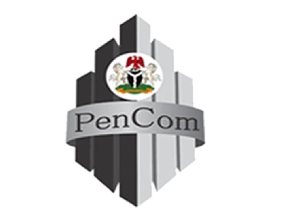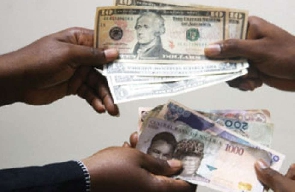Apple’s newly unveiled iPhone 17 Pro Max, launched at $1,200 (roughly ₦1.8 million at current exchange rates), has sparked outrage in Nigeria as local vendors list the device for as high as ₦4.2 million – more than double its international retail price. With the global pre-order frenzy kicking off on September 12 ahead of the September 19 release, Nigerian tech enthusiasts are grappling with a burning question: are vendors exploiting demand, or are import costs truly to blame?
Quickly! Watch The Video Before It’s Deleted! |Save Hot 3:00 Minutes $3x V!de0s To Ur Phone Directly | Watch 2:00 H0t $3x V!d0es Now!
Did You Miss The 400 $ex T4pe of Equatorial Guinea senior official Baltasar Ebang Engonga? Quickly W4tch! Before They Are deleted Be The First Person To See The Full Videos. Now!
Apple iPhone 17 models are displayed during Apple’s “Awe-Dropping” event at the Steve Jobs Theater on the Apple Park campus in Cupertino, California, on September 9, 2025.
Announced at Apple’s “Awe Dropping” event on September 9, the iPhone 17 Pro Max boasts a 6.9-inch Super Retina XDR display with 3,000 nits of brightness, an A19 Pro chip with 12GB of RAM, a 48MP triple-camera system with 8x optical zoom, and a record-breaking battery offering up to 39 hours of video playback. Priced at $1,199 for the 256GB model in the US, it introduces upgrades like Ceramic Shield 2 and 40W fast charging, positioning it as a must-have luxury gadget. Yet, in Nigeria, the price has ballooned to levels that have ignited fierce online debates.
A viral X post by tech influencer Pharaoh (@MrMekzy_) captured the frustration, garnering over 9,000 likes: “iPhone 17 pro max is $1200. Nigerian vendors are selling it for 4.2 million Nigerian naira.
” The post unleashed a flood of reactions, from memes mocking the markup to demands for government action on import duties. Some vendors justify the ₦4.2 million price, citing Nigeria’s economic realities. “Customs duties, shipping, and exchange rate volatility push costs way up,” said a Lagos-based importer, speaking anonymously. With the naira at approximately ₦1,500 to the dollar and customs duties on electronics often exceeding 20%, vendors claim that freight, taxes, and pre-order financing can double the base cost. “We take loans to secure stock early. That’s not free,” the importer added.
Skeptics, however, see profiteering at play. “Shipping one phone doesn’t cost ₦2 million! Even with profit, ₦2.2 million is fair,” argued X user Angry Mob (@theoriccy), reflecting a common sentiment. Tech analyst Tunde Ososanya estimates that import costs should add 50-70% to the global price, suggesting a reasonable ceiling of ₦2.5-₦3 million. Yet, listings on platforms like Jumia and Jiji show prices as high as ₦3.5-₦4.2 million, with some advertising “UK used” units at inflated rates. “Vendors are banking on hype,” Ososanya noted, pointing to the September 12 pre-order rush as a driver of speculative pricing.
20250910 150754
Apple iPhone 17 models are displayed during Apple’s “Awe-Dropping” event at the Steve Jobs Theater on the Apple Park campus in Cupertino, California, on September 9, 2025.
The controversy has spilled onto forums like Nairaland, where users debate specifications and warn of scams. Social media reactions range from witty jabs – “For ₦4.2m, the iPhone should come with a visa to meet Tim Cook,” quipped Christopher Kolawole (@kolawole40425) – to sobering reflections on economic disparity, with Nigeria’s ₦70,000 monthly minimum wage making the device a distant dream for most. Consumer advocates are now urging the Consumer Protection Council to investigate pricing practices and push for clearer import regulations.
Quickly! Watch The Video Before It’s Deleted! |Save Hot 3:00 Minutes $3x V!de0s To Ur Phone Directly | Watch 2:00 H0t $3x V!d0es Now!
Did You Miss The 400 $ex T4pe of Equatorial Guinea senior official Baltasar Ebang Engonga? Quickly W4tch! Before They Are deleted Be The First Person To See The Full Videos. Now!
For Nigerian buyers, options are limited. Apple’s trade-in program, offering up to $700 off abroad, isn’t widely accessible locally, and waiting for post-launch price stabilization risks missing the early adopter wave. As the iPhone 17 Pro Max’s cutting-edge features – including AI-driven Apple Intelligence and a sleek aluminum unibody – fuel desire, the gap between global affordability and local reality grows starker. Will vendors adjust prices, or are Nigerians doomed to overpay for luxury tech? The online storm suggests this debate is far from over.
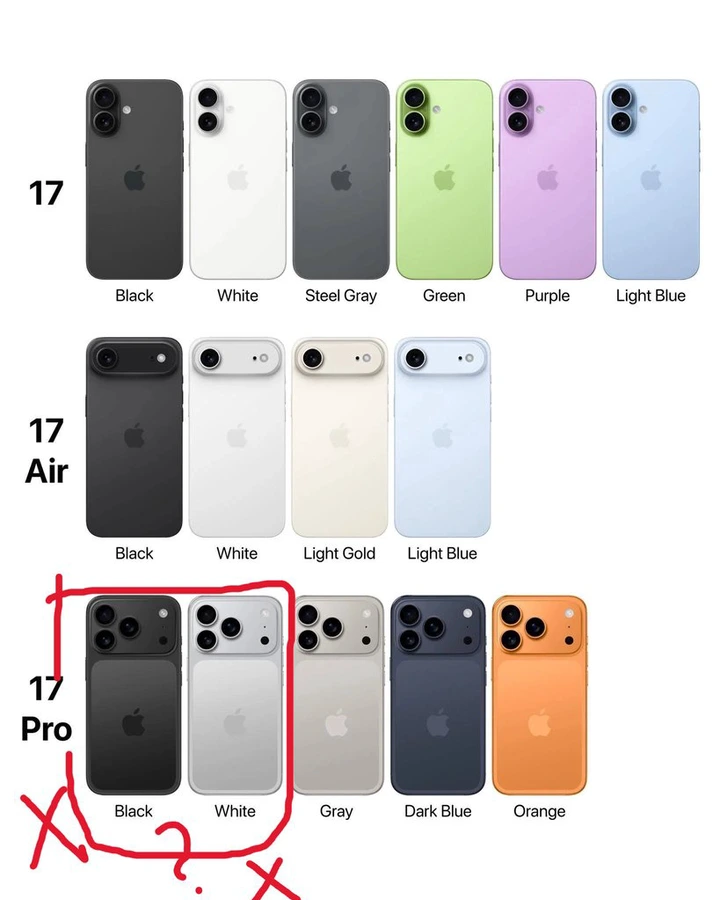

 Entertainment4 months ago
Entertainment4 months ago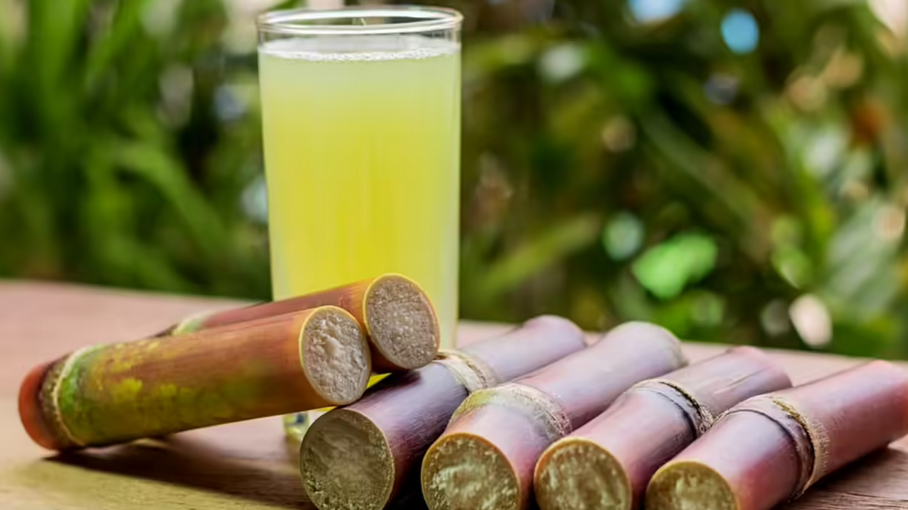
 Politics4 months ago
Politics4 months ago
 Breaking News5 months ago
Breaking News5 months ago
 Breaking News6 months ago
Breaking News6 months ago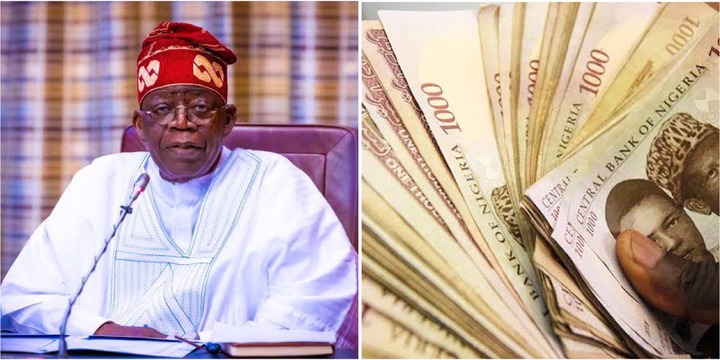
 Breaking News6 months ago
Breaking News6 months ago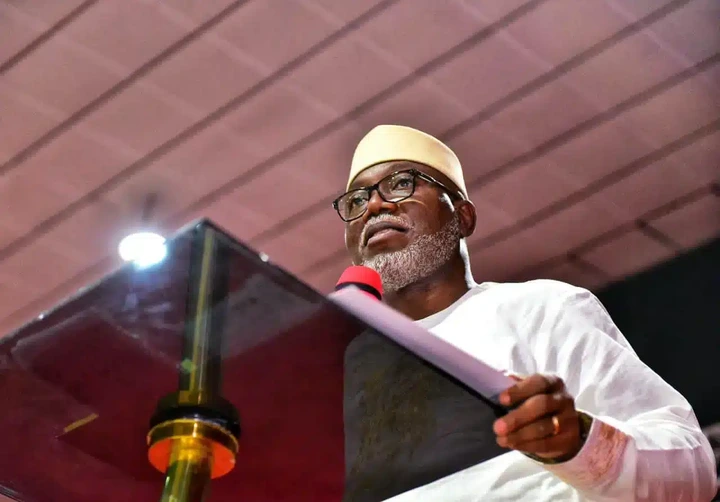
 Breaking News5 months ago
Breaking News5 months ago
 Breaking News6 months ago
Breaking News6 months ago
 Breaking News5 months ago
Breaking News5 months ago
